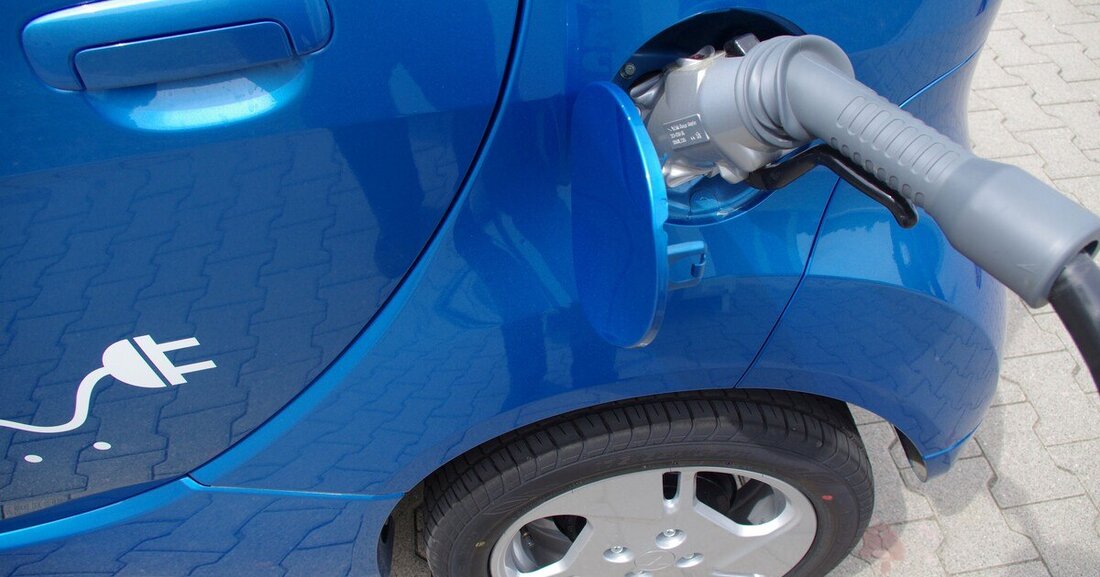Charging tariffs: Huge price differences
In its current price and market analysis, the Vienna Chamber of Labor examined 28 tariffs from 16 charging station operators.

Charging tariffs: Huge price differences
First the good news: Despite the increase in electricity prices, charging electric vehicles is still significantly cheaper than filling up with diesel (+25.2%) or gasoline (+34.8%). The problem here is that the market is still not transparent and the price differences between the individual providers are enormous. Although the demand for charging power is increasing, the offers are difficult for consumers to compare. At least the first improvements have been made at the insistence of the AK. The responsible regulatory authority E-Control introduced a charging station register in which ad hoc prices are shown. In addition, subsidies were explicitly designed for charging stations that can bill in kWh. Nevertheless, there is still a confusing price jungle. What particularly stands out in the AK market analysis are the horrendous increases in direct payment, i.e. paying with a credit card at the charging station.
In 2022, as in previous years, household electricity is the cheapest way to charge (€ 5.57) and is therefore around 47% cheaper than charging at publicly accessible and commercially operated charging stations. Experience shows that when an electric vehicle is used on average, 80% of charging takes place at home and 20% at public charging stations. This “realistic” charge corresponds to a cost of €6.57 and is around 39% cheaper than simply charging at publicly accessible and commercially operated charging stations. The average cost for a 100 kilometer journey is €5.93 for a contract tariff (most common pricing model), €10.95 (+85%) for flat rate tariffs and €14.83 (+150%) for direct payment. Compared to 2020, the average prices for collective agreements increased by +14.5%, those for flat rates by +178.8% and those for direct payment by +137.4%. The price differences between the individual billing models are also enormous. The difference between the cheapest and the most expensive offer is €10.94 for contract tariffs, €13.0 for flat-rate tariffs and €16.2 for direct payment tariffs. What is particularly critical from AK's point of view is that there is no uniform billing unit (kWh), which makes a simple price comparison almost impossible. The AK therefore calls for the implementation of a uniform billing (kWh) for charging at publicly accessible and commercially operated charging stations.
BEÖ chairman Andreas Reinhardt cannot understand the accusation that there is a price jungle for consumers in e-shops. “You can get detailed information about the tariff models from the BEÖ member companies and you can also compare them on their websites.” Reinhardt confirms that there is currently no obligation to bill electrical energy for public charging infrastructure in Austria. The legal calibration framework would currently only make this possible for a small part of the existing charging infrastructure. However, customers are increasingly expressing their desire to switch from “time-based” to “energy-based” billing based on kilowatt hours (kWh). "Some companies already charge based on kWh without taking legal regulations into account. This represents a distortion of competition, especially against those who act in accordance with the law," says Reinhardt. At the beginning of last year, the BEÖ called on the legislature to adapt the framework conditions as quickly as possible. “Our proposals are intended to ensure that there is transparency in the charging market for both consumers and operators in order to advance the necessary mobility transition and achieve the climate goals,” said BEÖ Chairman Reinhardt.

 Suche
Suche
 Mein Konto
Mein Konto